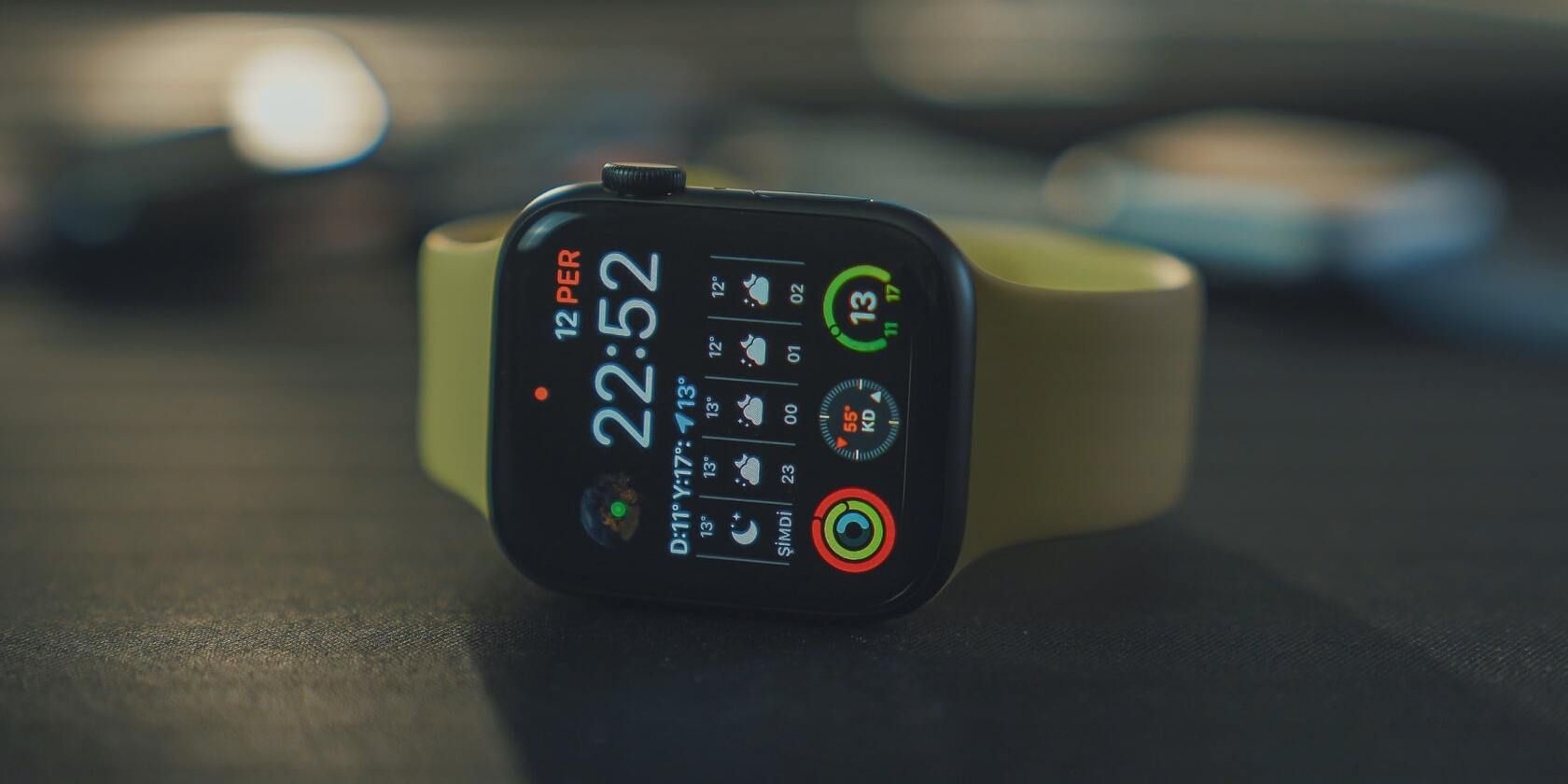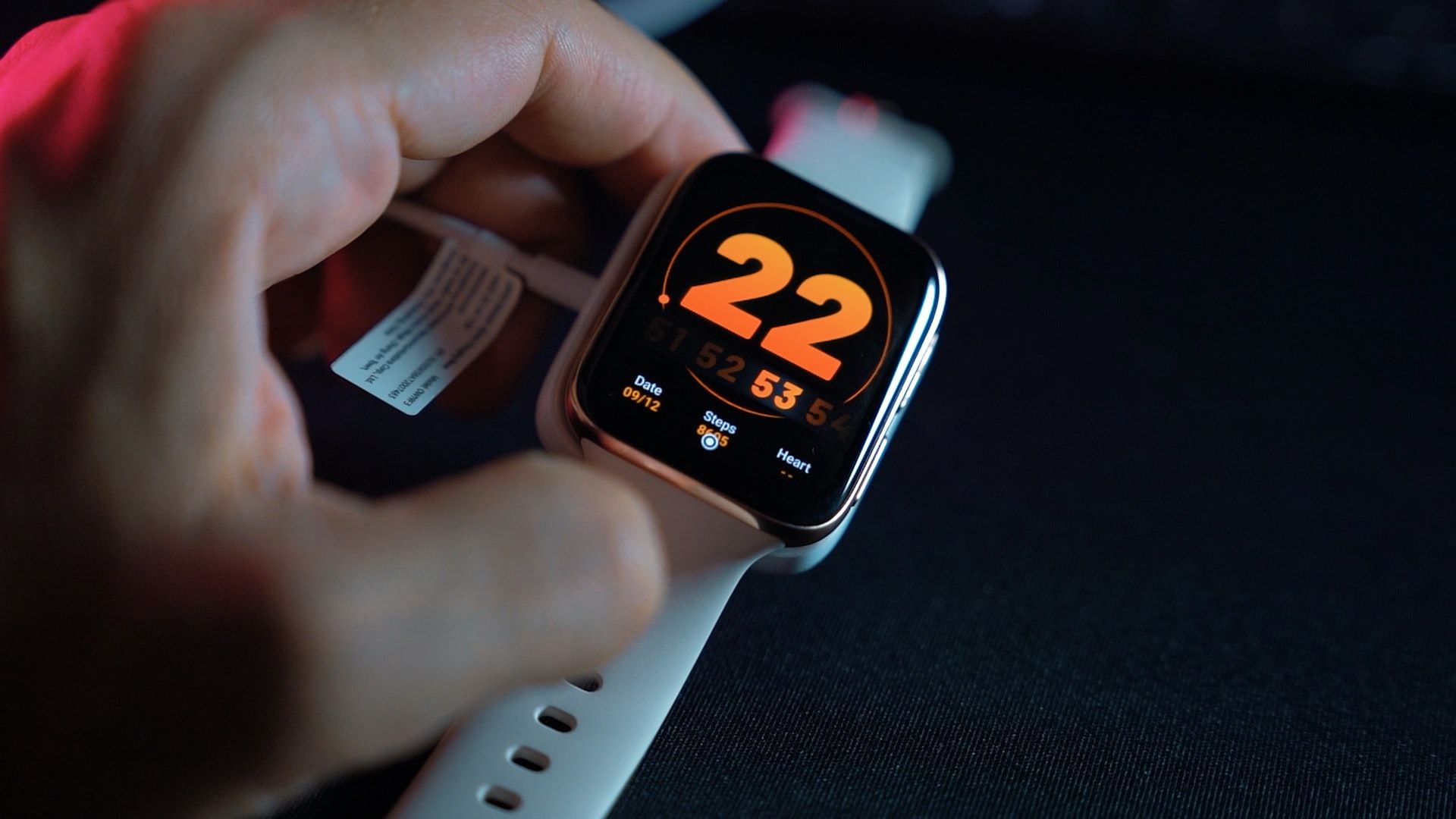Smartwatches have continued to grow in popularity over the past several years. Today, it's not just tech enthusiasts wearing smartwatches, with Apple and Samsung competing for a large chunk of the market, both offering fantastic choices.
However, despite the advances in technology, the battery in a smartwatch is still relatively small. If you use it throughout the day, you'll find your smartwatch running out of juice by night.
But is it bad to leave your smartwatch charging overnight? Let's find out.
Should You Charge Your Smartwatch Overnight?
First off, you should know that charging your watch overnight isn't going to put it at risk. For instance, you don't need to worry about overcharging; modern electronic devices switch off power once the battery reaches maximum capacity. It isn't inherently dangerous to leave your smartwatch charging overnight.
Most smartwatches are powered by a lithium-ion battery. These batteries generate voltage through the flow of ions, from a negative to a positive charge.
All smartwatch batteries have a protective circuit built-in, which prevents lithium-ion batteries from overcharging. There's also an integrated management system, which monitors the battery's charge levels, and cuts the current once the battery reaches maximum capacity.
So, in a nutshell, charging your smartwatch overnight isn't a danger. You'll wake up in the morning with a fully-charged smartwatch and one less worry.
What Happens if You Leave Your Smartwatch Plugged In Overnight?
When you go to sleep after putting your smartwatch on charge, it takes around an hour or two (depending on the watch, capacity, brand, etc.) for the watch to charge fully. Once that happens, the protective circuit cuts off power.
But, as the battery starts discharging, the circuit re-engages, topping up the battery. On higher-end smartwatches and other electronic devices, you'll find a tech known as trickle charging, which balances the amount of power delivered to phone with the amount lost through general background activity.
However, if your smartwatch doesn't have such a feature, it will continue attempting to power the smartwatch at its full capacity, which can lead to overheating and battery degradation. As you already know, lithium-ion batteries generally degrade over time. As a result, your smartwatch battery will generally halve in capacity within two years or so. While there are ways to improve your smartwatch's battery life, you can't completely stop this degradation process.
But, if you continue to leave your smartwatch on charge overnight all of the time, it will eventually negatively impact its battery life. It's also one of the reasons why charging your phone overnight is generally bad and results in reduced battery life.
The Smartwatch Battery Charge Cycle
A common misconception is that they should let their smartwatch's battery drop down to 0%, or as close to it as possible, before plugging it in for charging.
That's not a wise idea and will hurt the smartwatch's battery life. As mentioned, lithium-ion batteries are constantly in a state of decay, so when you let it drop down to 0%, you're significantly harming the battery's capacity to hold a full charge as the ions become less and less mobile.
One charge cycle generally means charging the battery from 0 to 100%. But, you can also complete a charge cycle by plugging the smartwatch in when it reaches 20% and letting it charge to full.
Many companies have taken steps to improve battery performance too. Apple, for instance, introduced its Optimized Charging, which throttles performance when the watch's battery is low.
This helps balance battery performance and minimizes the damage to the battery. Most smartwatches are rated for a specific number of charge cycles. For instance, an Apple Watch will lose around 20-30% of its charge after 1,000 charge cycles.
Charging Your Smartwatch Overnight Isn't a Big Issue
If you don't get the time to charge your smartwatch during the day, you can easily leave it charging overnight. It won't have a huge effect on battery life, but the key thing to make sure is that the battery isn't overheating, which could cause damage to the battery, and at absolute worse, cause a electrical fire.
In fact, there are a number of nightstands available that feature built-in charging capabilities, so you can plug in all your devices to charge before you sleep!


